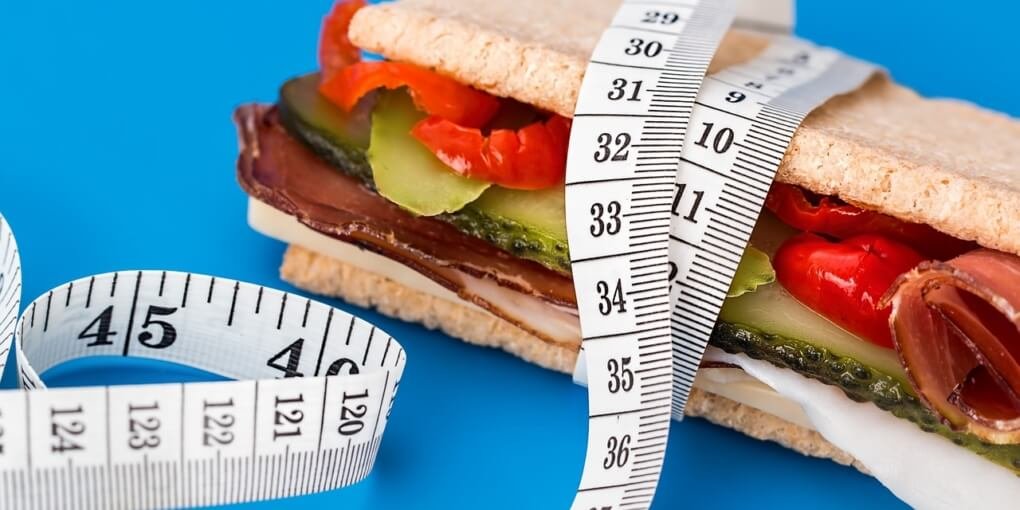Dissociated diet is the new obsession among the fitness maniacs. It may be something latest amongst the weight losers, but you may be surprised to know that it has its roots way back in the early 19th century.
Read on further to know more about this peculiar weight loss diet.
WHAT IS DISSOCIATED DIET?
It is a kind of meal plan in which one component (carbs/ fat/ protein) of the food is chosen for one meal. It is however, better to stick to that particular component for the whole day.
In simple terms, you have to stick to one particular food group for a day’s diet. It may be carb, protein (in protein either animal protein or plant protein), fat, vegetables, fruits or dairy. You can pick other food group the following day and so on.
Proponents of Dissociated Diet say that it is not the amount or type of food that makes you fat; it is rather the wrong food combinations which are the culprits.
It works on the principle that when alkaline and acidic foods are consumed together, it disturbs the balance of digestive enzymes. Thus, an imbalance is created which negatively affects the digestive and metabolic systems leading to weight gain.
So you see, this diet plan is in contrast to what modern nutritionists suggest- restricting the amount of food you consume, taking a diversified diet consisting of all components in a specific proportion to meet the nutritional requirements of the body and cutting on fat and carbs.
Dissociated Diet is not a dieting in strict sense. It does not focus on cutting the calories. It only limits the choice of food to one component for a period of time.
There are some rules to follow when you are on a dissociated diet:
- The fundamental principle of dissociated diet – one food at a time. If you have two items on plate, they should be from the same food group.
- Never ever eat protein and high carbs in a single meal.
- Don’t mix animal and plant protein.
- No mixing of simple and complex carbs.
- You must include plant based food i.e. fruits and vegetables in diet, to restore the balance and detoxify the body.
- Carbs should preferably be taken during the first half of the day. Strictly no carbs and no animal protein after 1900 hours.
- Dinner must be of plant protein or plant based carbs like vegetables and fruits. Fish or any kind of seafood is the most preferred dinner for weight loss in dissociated diet.
- A gap of at least 4 hours between two subsequent meals.
- Alcohol is an absolute no.
- Processed and refined food must be avoided.
FOOD GROUPS IN DISSOCIATED DIET
We have been talking about the various food groups which are an integral part of the diet. It becomes imperative to know the different food items included in various food groups.
- Fresh and Dried Fruits: Figs, Dates, Raisins, Prunes, dried fruits like dried apricot etc
- Acidic Fruits: Lemon, Sweet Lime, Grapefruit, Orange, Tomato.
- Semi Acidic Fruits: Watermelon, Pears, Apple, Kiwi, Strawberry, Peaches, Cherries.
- Fatty Fruits: Pistachio, Almond, Cashew, Coconut, Olives.
- Vegetables: Eggplant, Radish, Pumpkin, Cucumber, , Mushrooms (that can be homegrown in DIY kits)
- High Starch Vegetables: Potatoes, Carrot, Bananas, Sweet Potatoes.
- Beans: Soybeans, Lentils.
- Green Veggies: Lettuce, Celery, Cauliflower, Broccoli, Cabbage, Mushrooms, Spinach.
- Cheese
- Milk
- Eggs
- Meat
- Fish and other Seafood
WHAT NOT TO TAKE IN DISSOCIATED DIET?
There are certain foods that have to be avoided when practising a Dissociated Diet.
- Pre-cooked Food
- Processed/ Canned Food
- Fast Food
- Fried Food
PROS OF A DISSOCIATED DIET
- It is not a fad diet. You can reduce considerable weight without starving yourself.
- It conditions the metabolism of body by restoring the balance of digestive enzymes.
- It detoxifies the body which in turn leads to loss of water weight and freedom from bloating, gas, acidity and other digestion related issues.
- You don’t need to buy anything extra to follow this diet. You just have to reschedule what you already eat. So you don’t need to spend additional money unlike some other diets which require you to buy specific foods or substitutes of food.
CONS OF A DISSOCIATED DIET
- It may lead to deficiency of certain nutrients in body since its main tenet is consumption of one single food group. When it comes to balanced diet, it fails miserably on that parameter.
- People having high energy requirements like children in their growing years and those having active lifestyle will not find this diet suitable. On no carb/ no fat days they may feel exhausted which would hamper day to day activities.
- This diet may lead to loss of muscle mass in long run.
FINAL TAKE
Dissociated Diet has lesser supporters than opponents. Its efficacy has been under debate.
It is true that our bodies need a balanced diet consisting of all the nutrients in right proportion, to function smoothly. Absence of any of the vital nutrients may lead to complications.
It is best to take the positives of the Dissociated Diet and combine it with some other diet plan which gives due consideration to all the nutrients.
While following this superimposition of diets, we can inculcate the tried and tested good points of dissociated diet like avoiding wrong food combinations, no processed food, no junk food, no fried food, no alcohol, no heavy food after 1900 hours and including lots of greens in diet; whereas reliance on a single food group should be avoided in long run.
We wish you a good luck for your weight loss journey.

